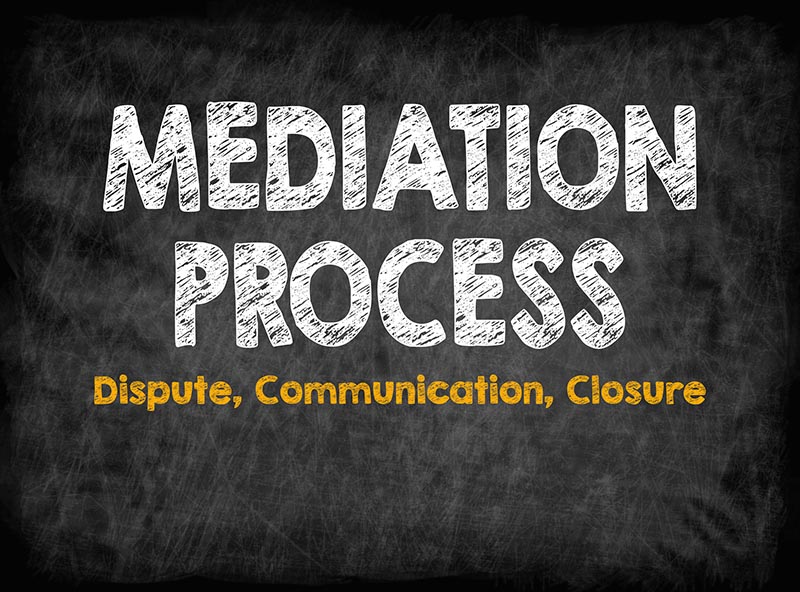Do's and Don'ts of Personal Injury Law

If you are looking for a personal injury lawyer, then chances are that something bad has happened to you or a loved one and that you need legal representation as a result. While no one hopes to one day gain legal representation due to an injury or illness, it can happen to anyone, and you want to make sure that you make good decisions during this difficult time so that you have the right representation. The team at Verhaeghe Law Office has created a list of dos and don'ts for those searching for a personal injury lawyer.
Don't - Expect U.S. Style Settlements
Due to the pervasiveness of American media, including American style personal injury lawyer advertisements on television, Canadians can have a misguided sense of the outcome of their personal injury settlement. In Alberta, courts tend to be conservative for awarding compensation, even juries, and it needs to be noted that pain and suffering are capped at $330,000 while pain and suffering for strains, sprains, and whiplash-injuries (WAD 1 and WAD 2)are capped at $4,000 ($5,000 with inflation). You can still get a fair settlement for your injuries, but understand that this is not going to be a multi-million dollar lawsuit.
Do - Keep Exchange of Information to a Minimum
It can be tempting to talk about your case to others, especially if you have outwardly visible injuries and people are curious about them. The best thing to do is to limit what you say as much as possible and only speak to insurance companies, your lawyer, and the police. In Canada, a person in a conversation with you, as well as you, can record the conversation, so if you are asked by an insurance provider or another lawyer to talk, they can be recording you, and this can be used as evidence in your case. Always ask to have your lawyer present when discussing your case and if people ask just say that it is a matter before the court and that you cannot discuss it.
Don't - Expect to Have Your Day in Court
Though you may want to have that day in court, chances are, as with most personal injury cases, your case will end in a settlement. For a vast majority of people, this is the best case scenario. Settlements are often quite fair and help speed up the process and get you the money that you need faster. If your lawyer negotiates a settlement for you, this is incredibly common, and they have worked hard to get you compensation similar to what you would get from a judge or jury. If they recommend that you accept it, it is because they do not think you could get a better deal at a trial.
Do - Feel Free to Speak to Multiple Lawyers
Being comfortable with your lawyer is incredibly important, and so if you shop around and meet with multiple lawyers, this is fine. Research their reputations, how long they have been in business, and their standing with their professional association. Finding a lawyer who is the right fit for you is crucial to your comfort for the remainder of the case.
Don't - Expect Quick Results
Personal injury cases tend to take quite a while the more severe your injuries are. This is because part of the compensation that you receive will be determined by whether or not the damage is life-long and what ramifications that has on your wellbeing and lifestyle. For soft tissue injuries and whiplash, your healing time is much shorter, and so your case can be determined in a shorter period of time than someone who has sustained much more severe injuries.
Do - Call Verhaeghe Law Office in Edmonton
If you have suffered an injury or illness due to the negligence of someone else, then you need to contact our law office. Please note you have a two year limitation to file your claim; however, it is better to start gathering the evidence and preparing your case far before the two year deadline. Our Edmonton law firm will help you navigate the world of personal injury and do our best to get you the settlement you deserve. Contact us today.









